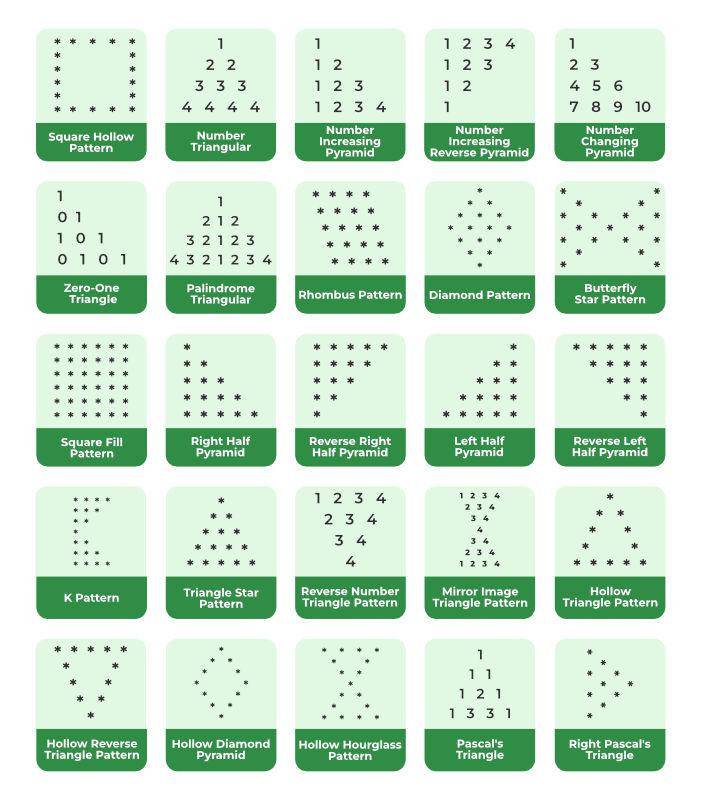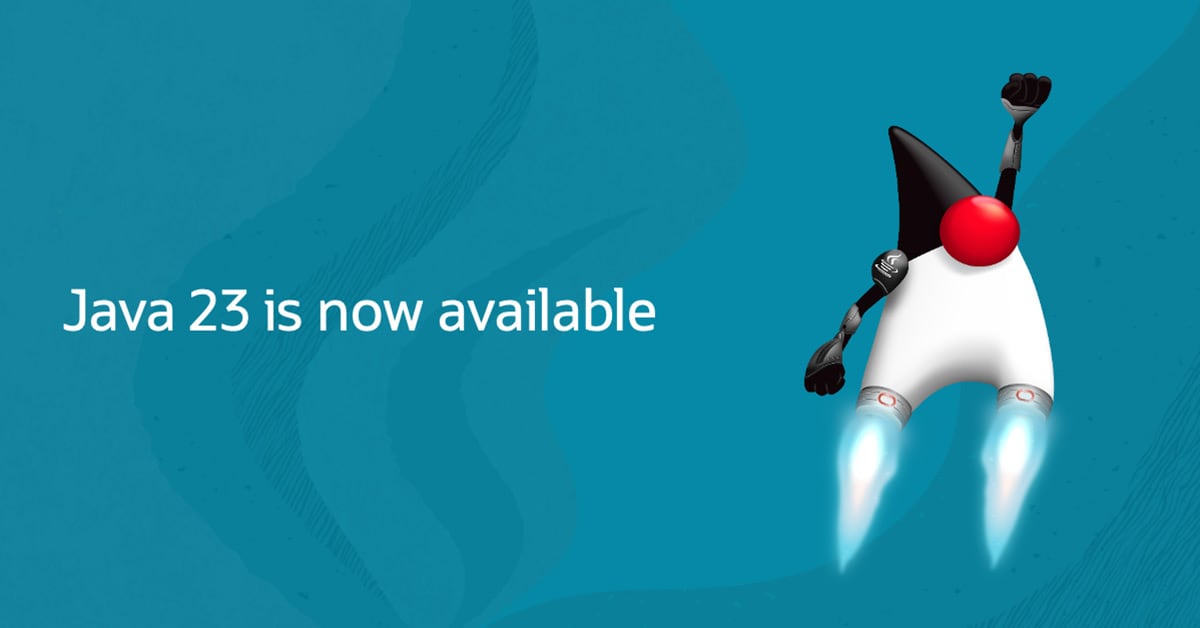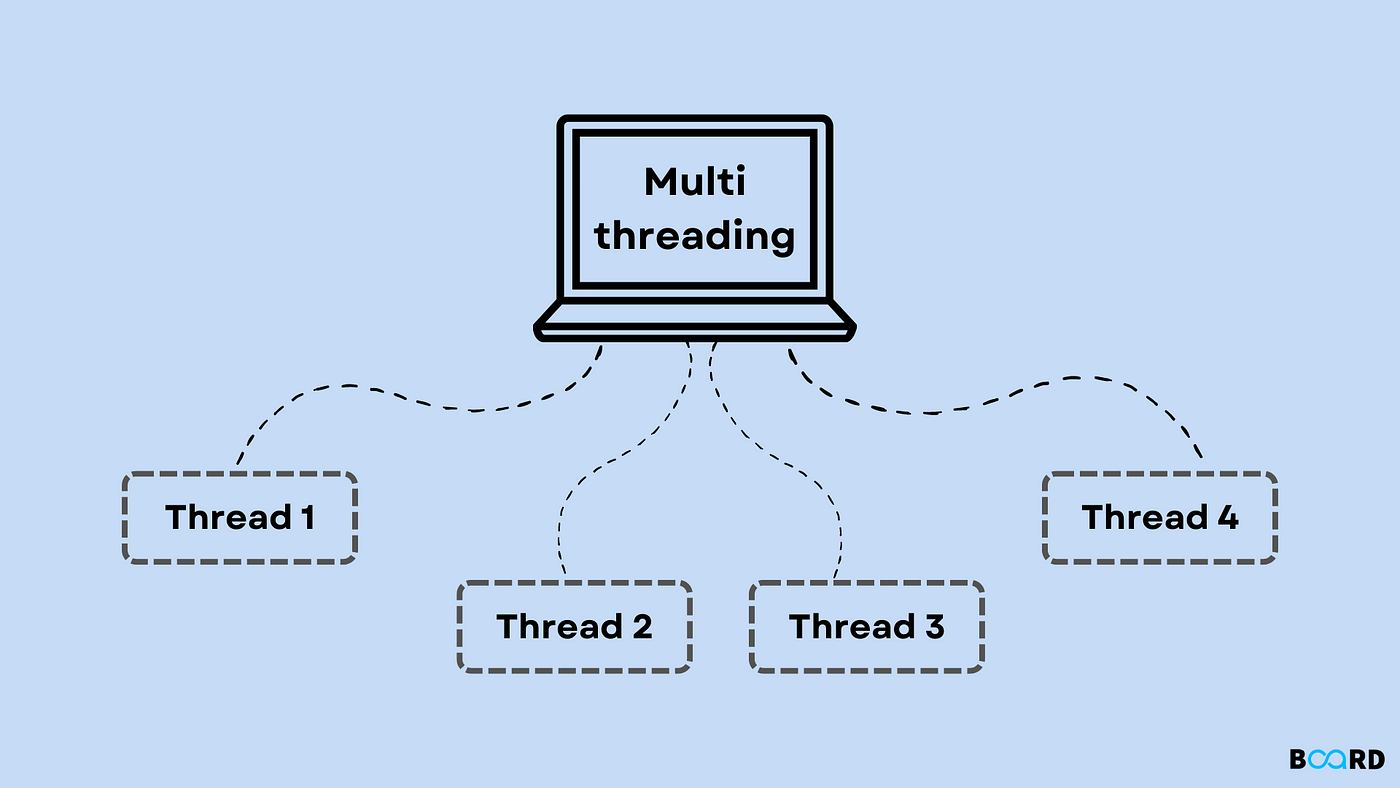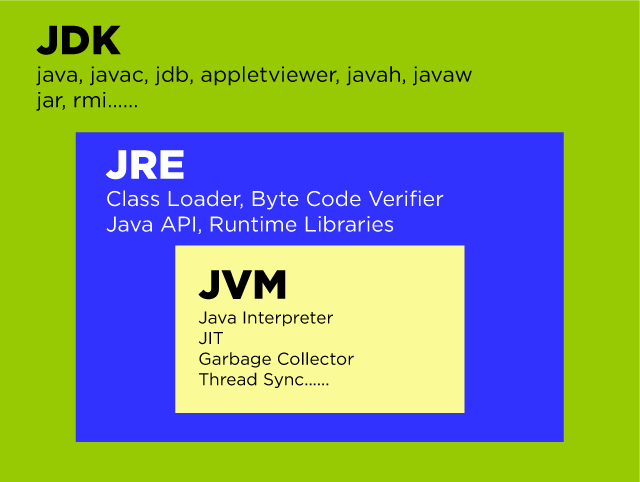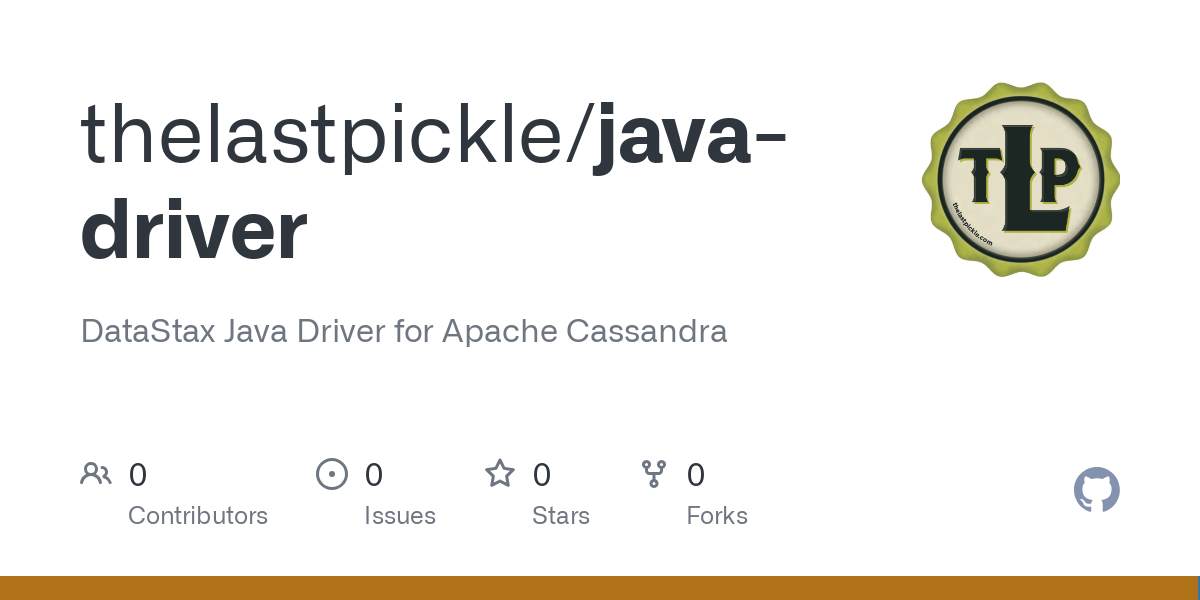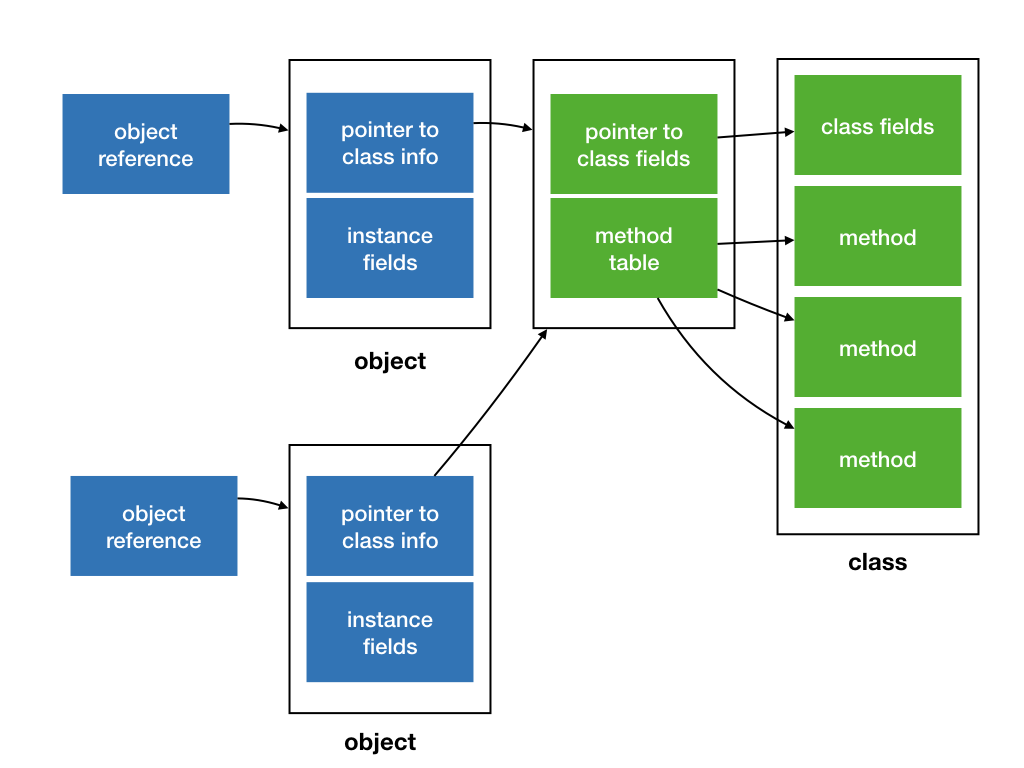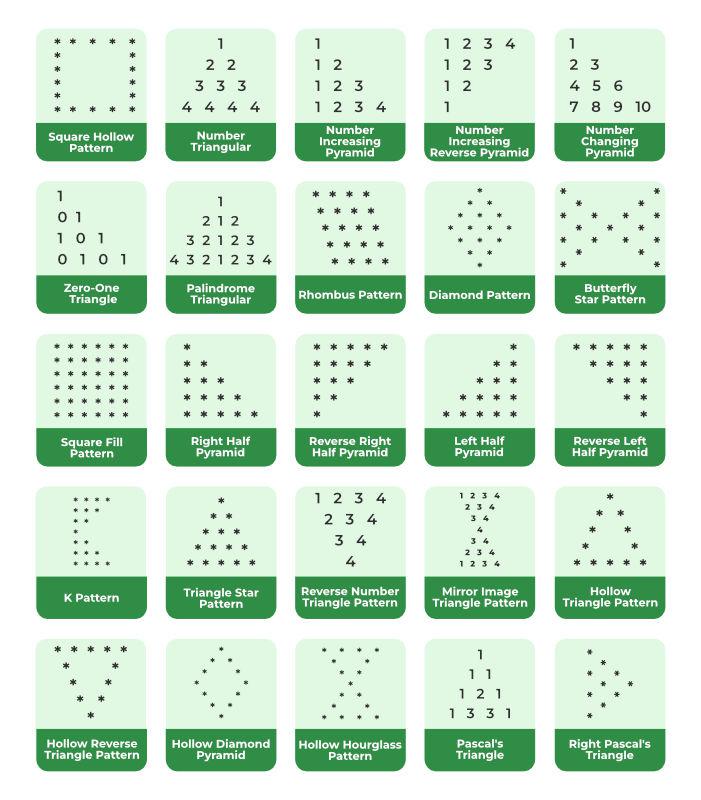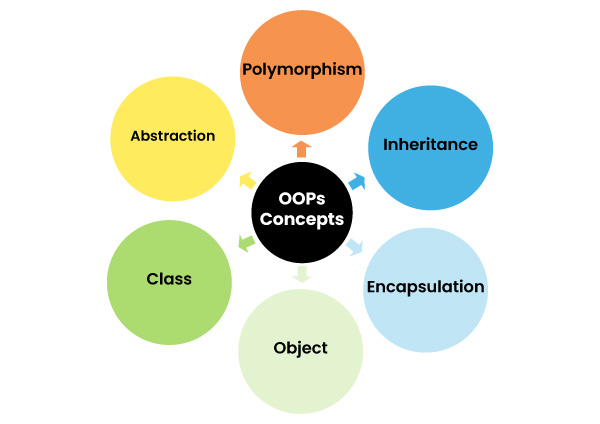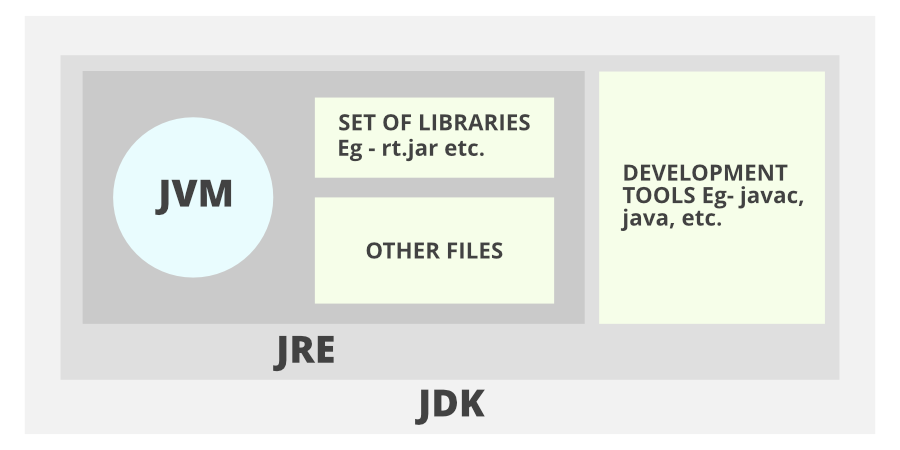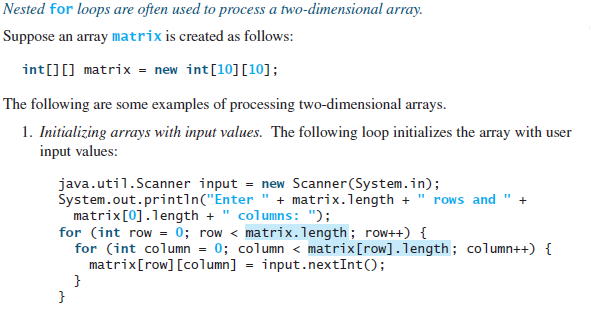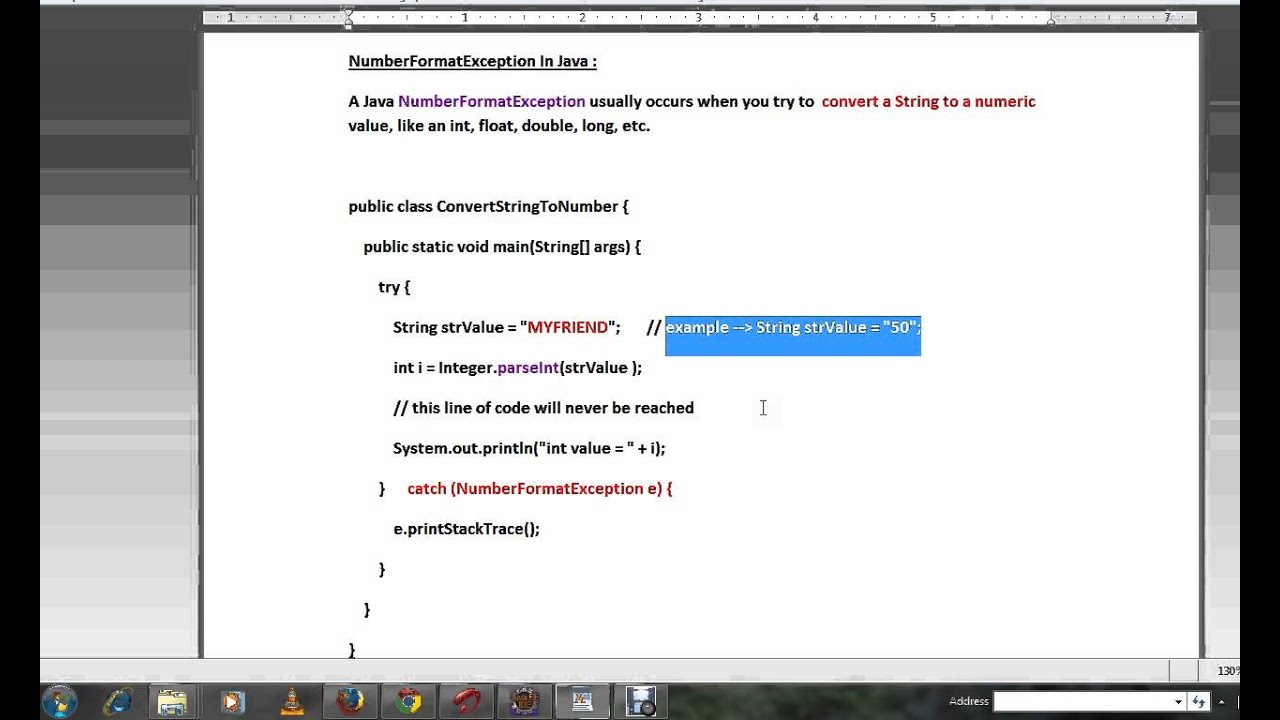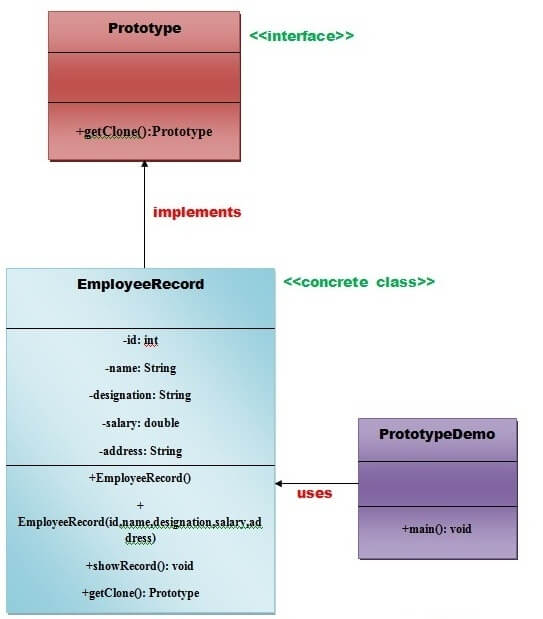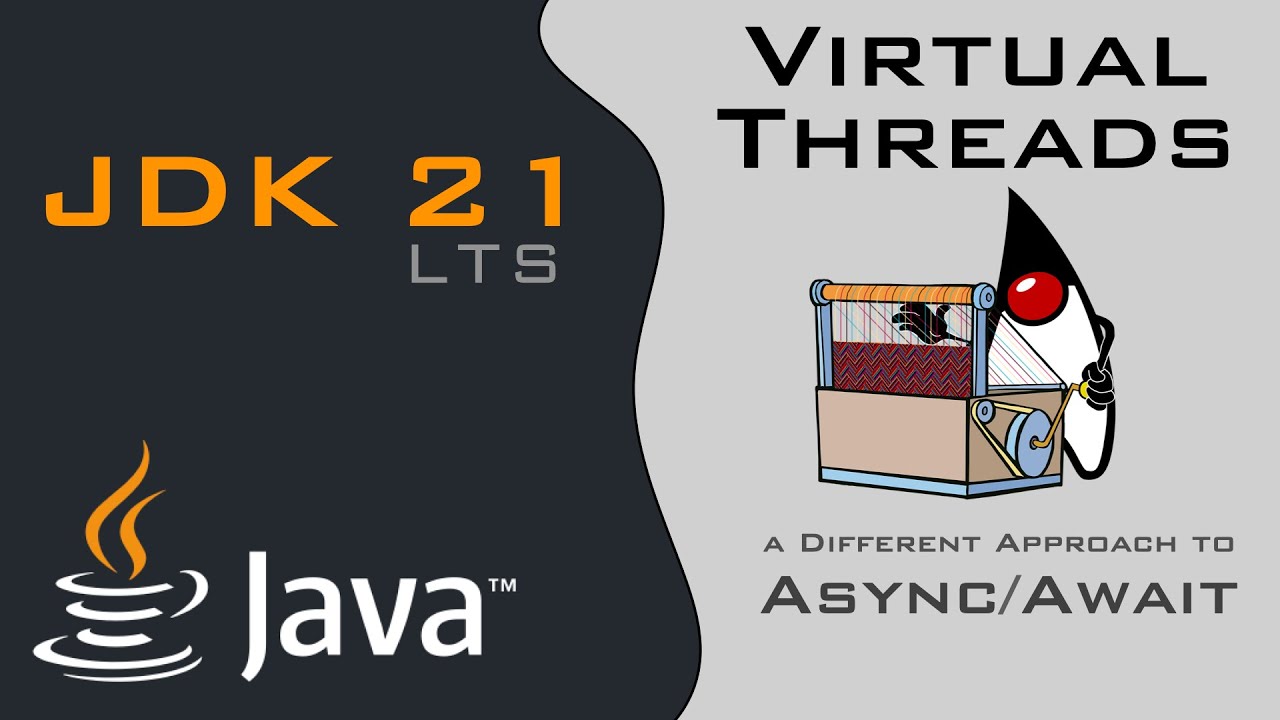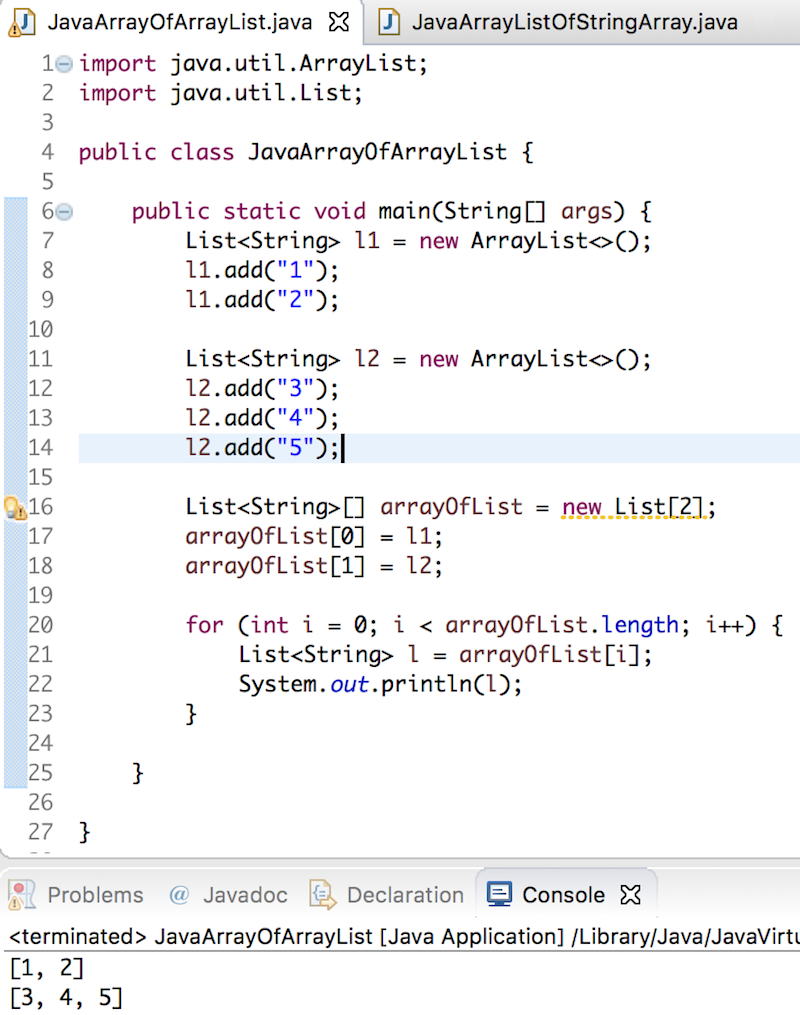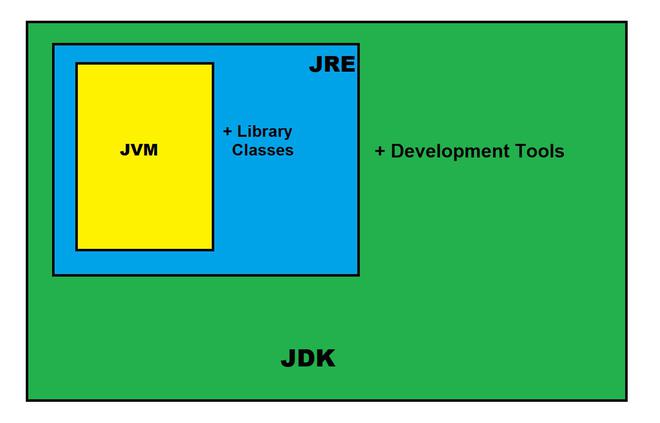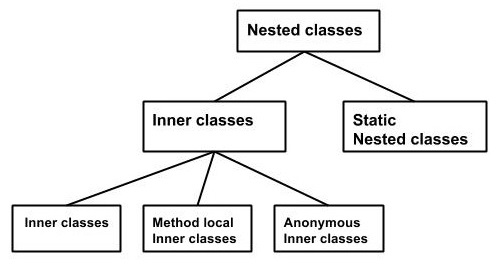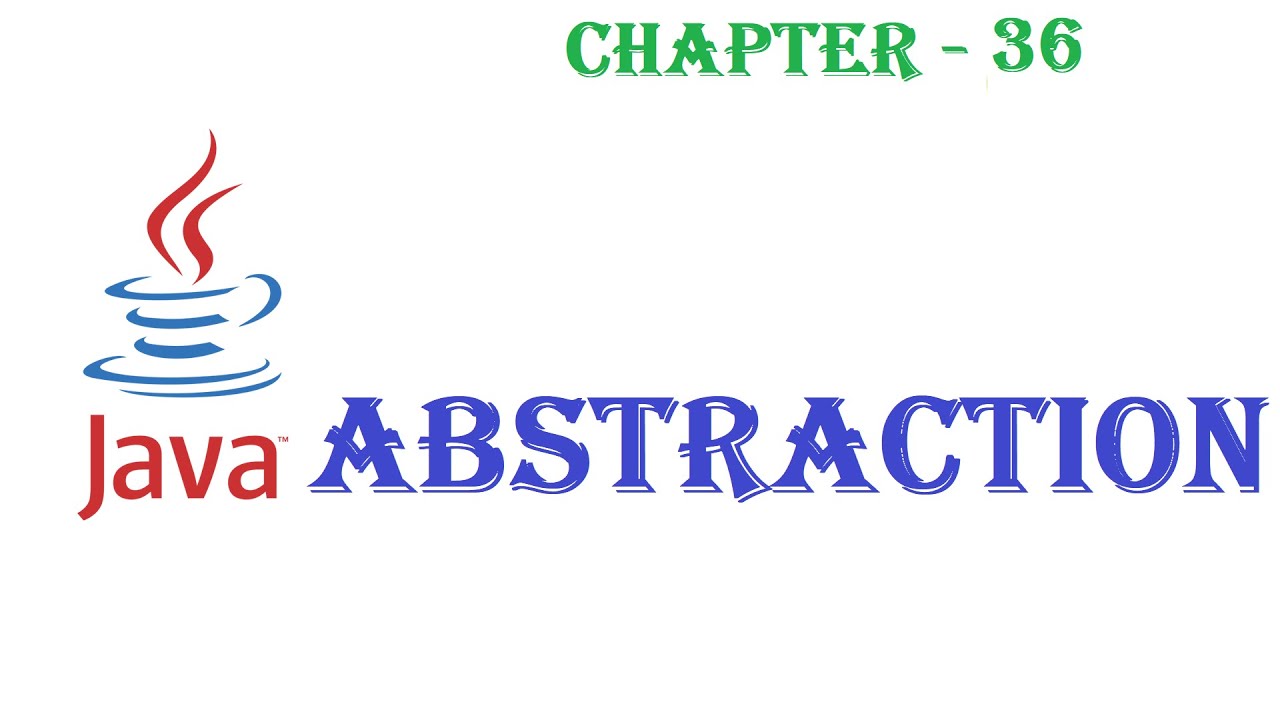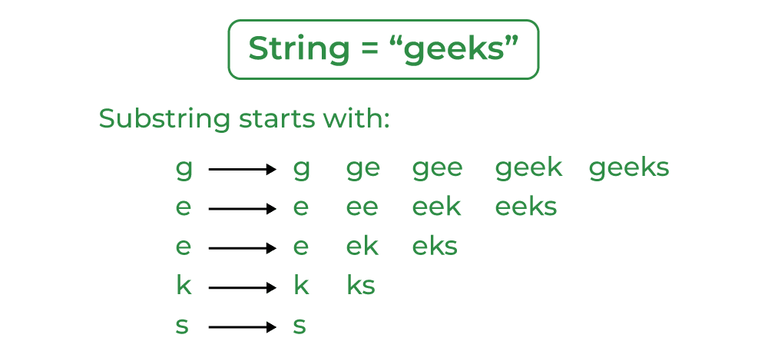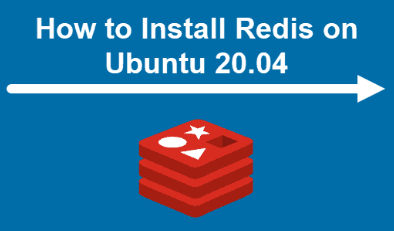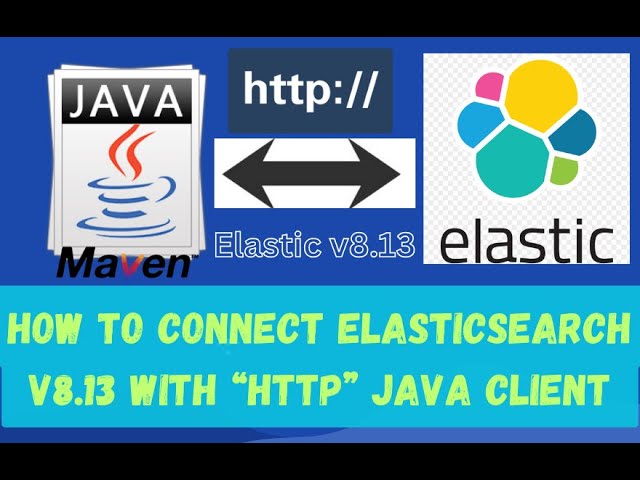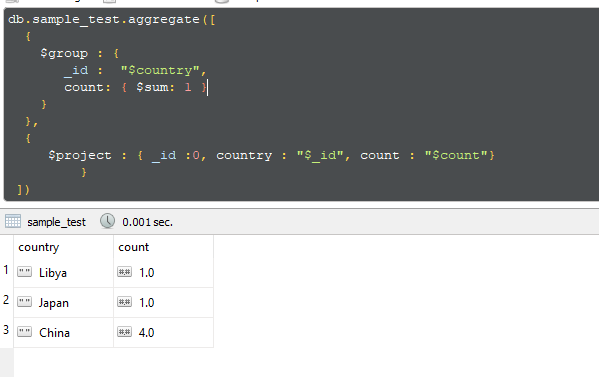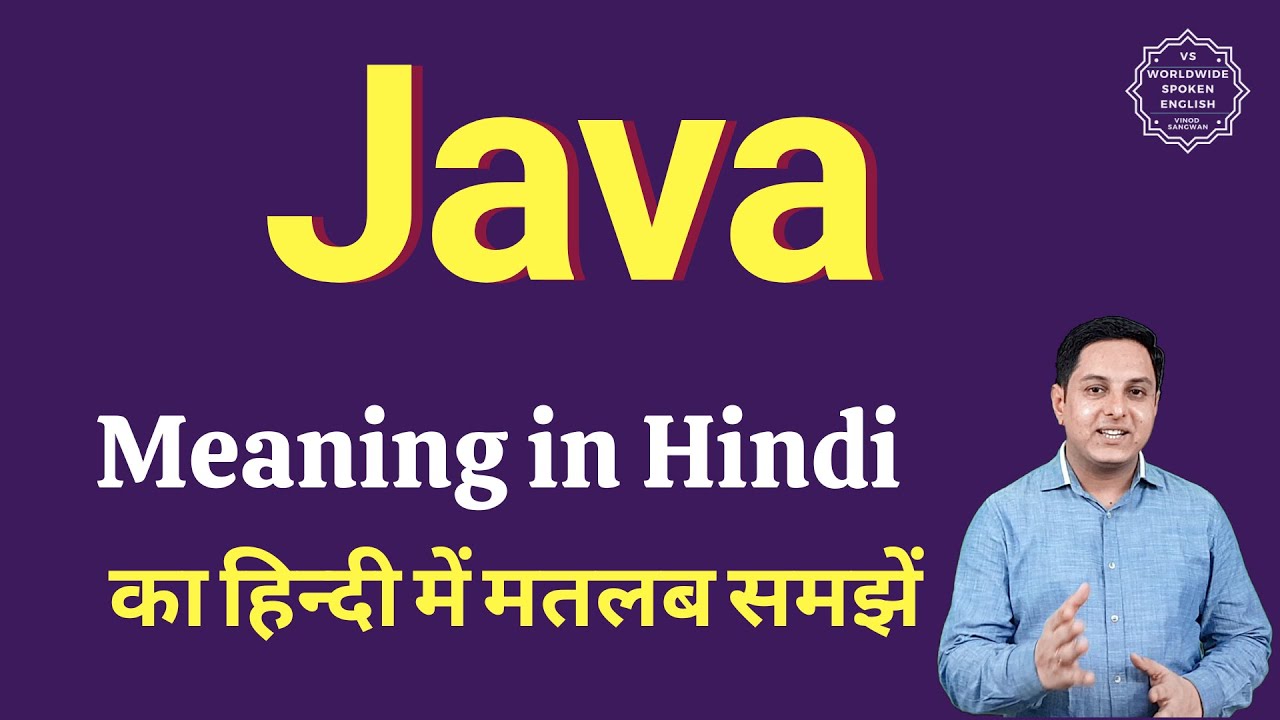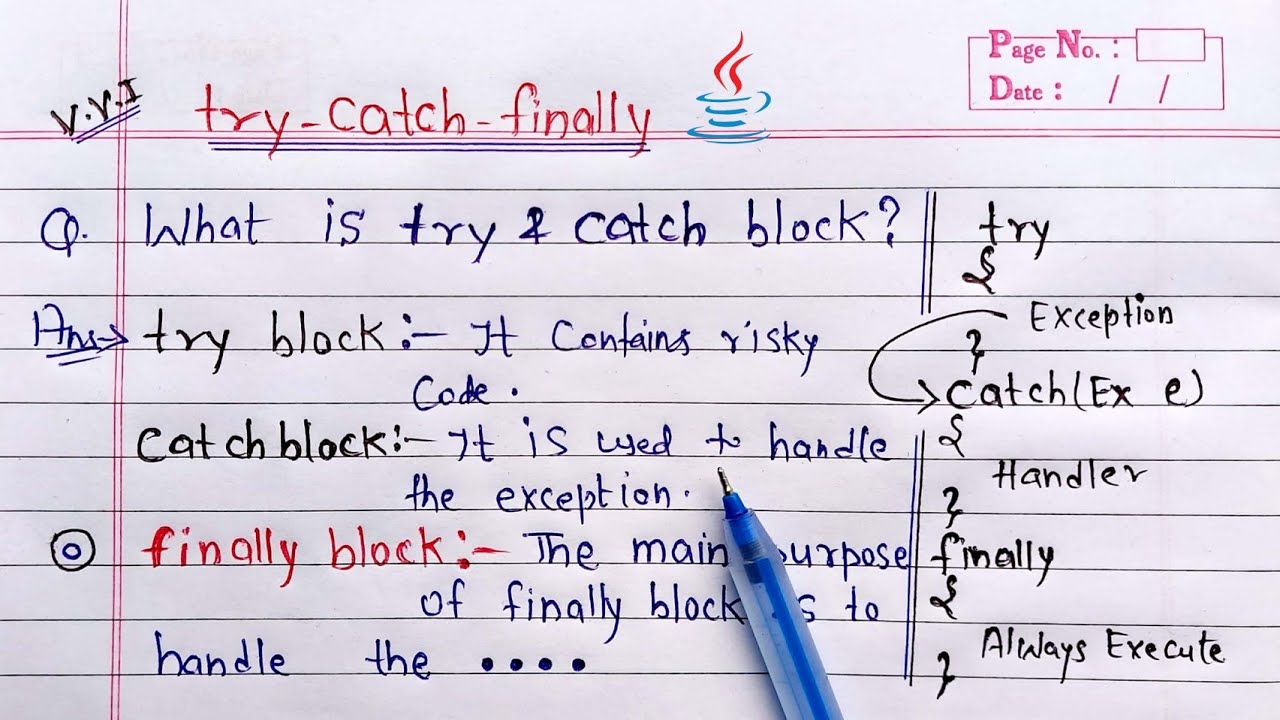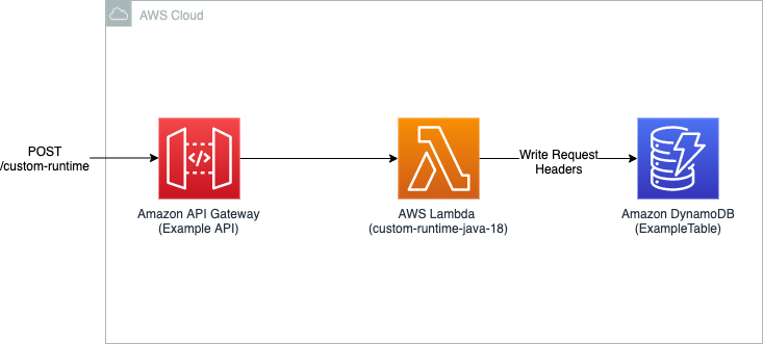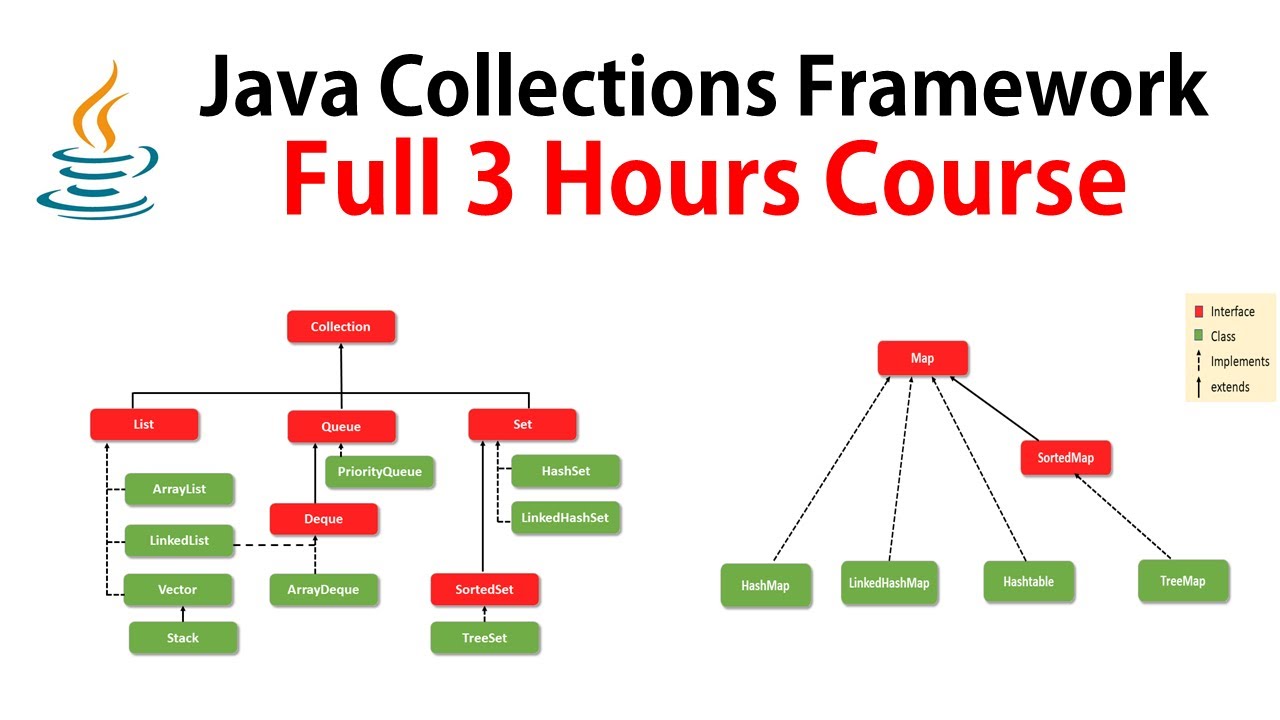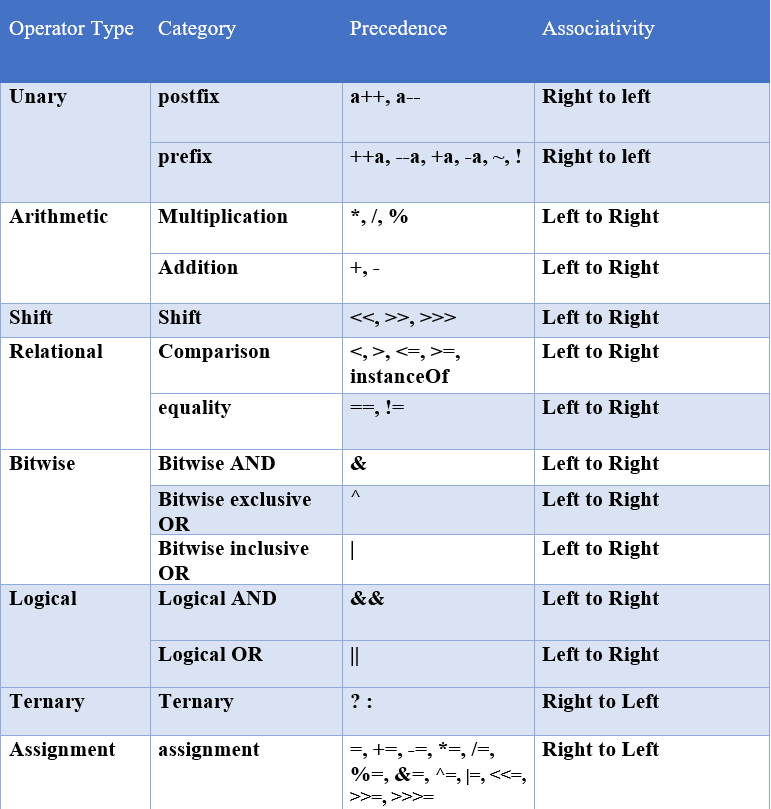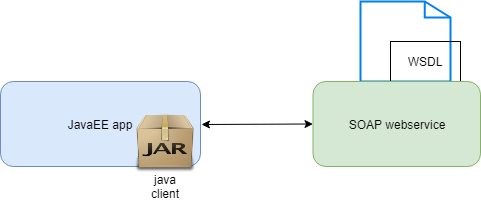How to learn Java OOP?
How to learn Java OOP?
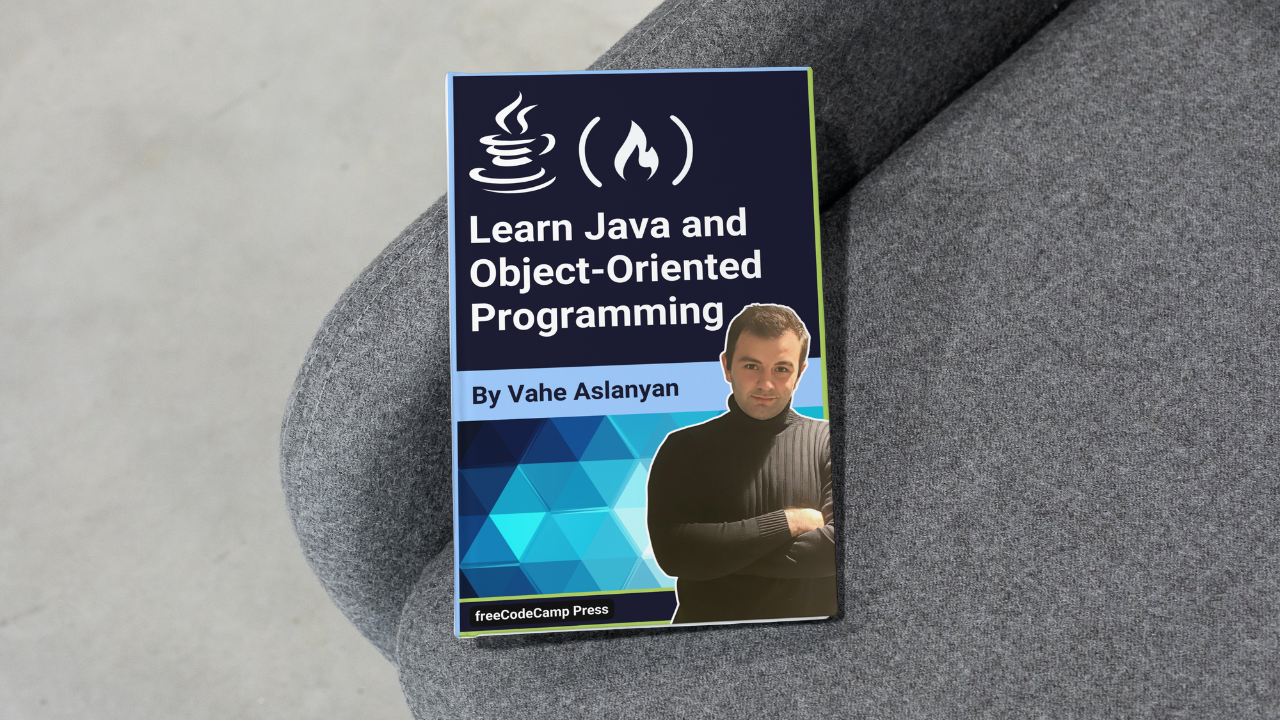
Learning Object-Oriented Programming (OOP) concepts in Java! It's a fundamental skill that every programmer should possess. Here's a step-by-step guide on how to master OOP in Java:
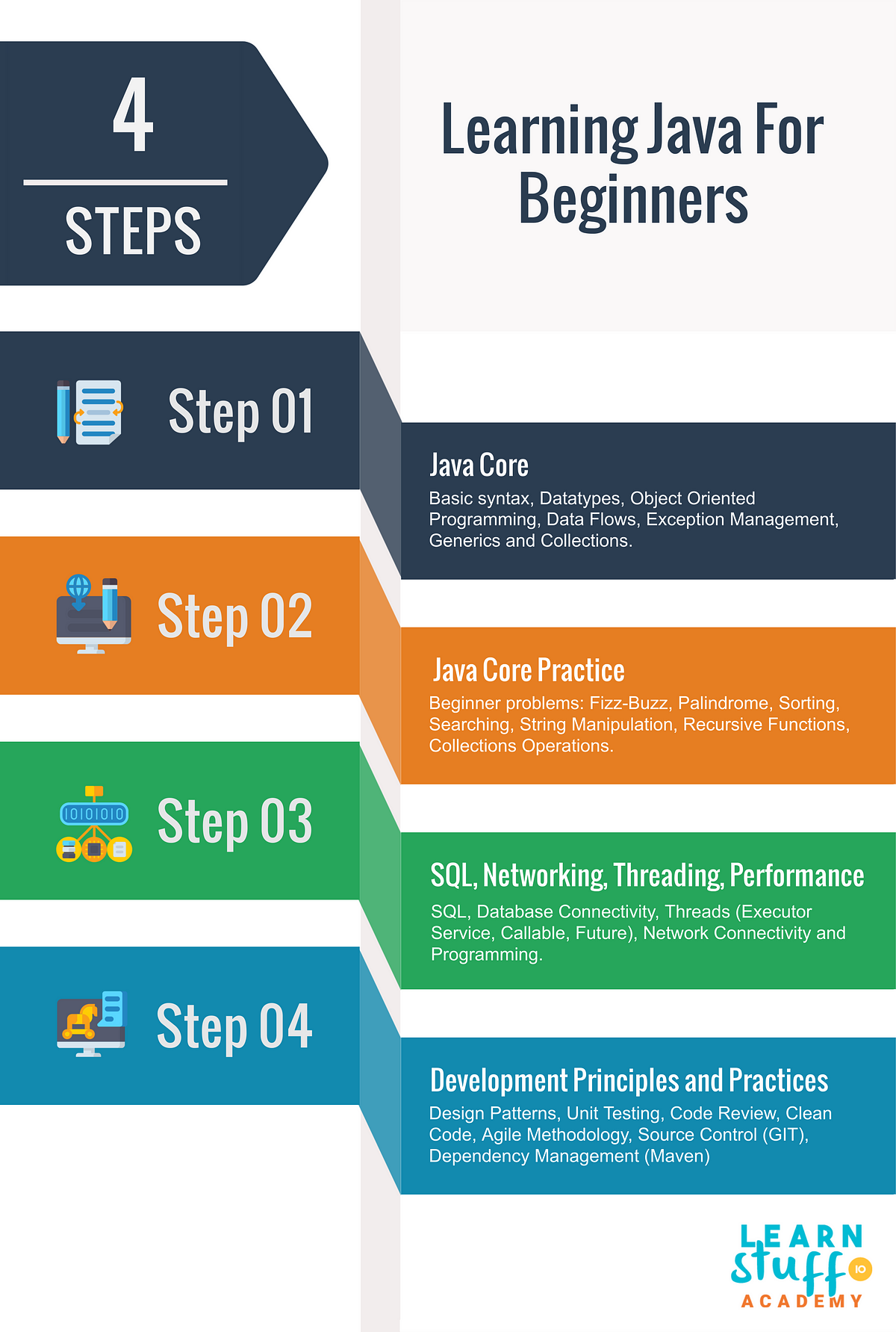
Understanding the Basics
Before diving into OOP, make sure you have a solid grasp of Java fundamentals, such as variables, data types, operators, control structures (if-else, loops), functions, and arrays.
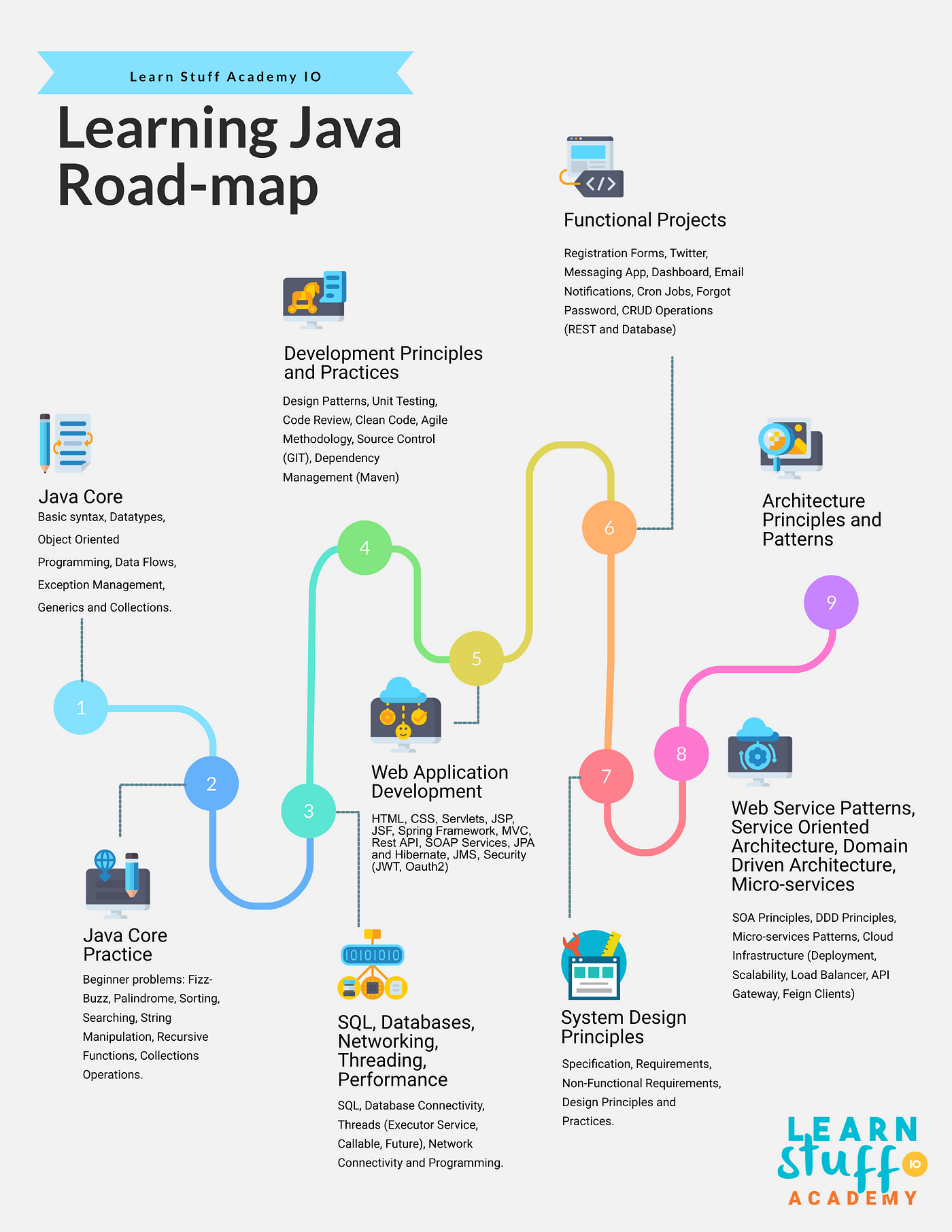
What is Object-Oriented Programming?
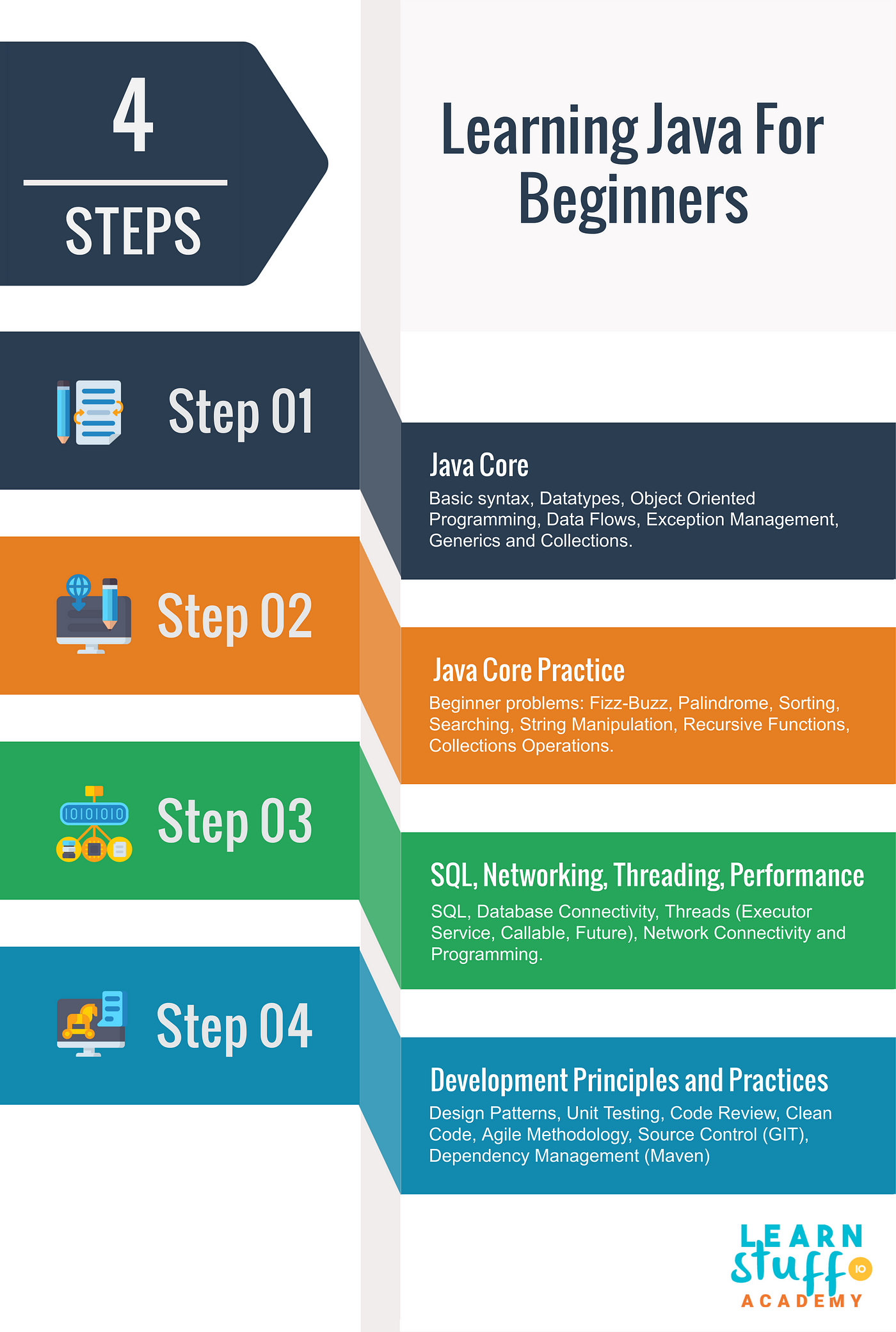
OOP is an approach that focuses on creating reusable code by modeling real-world objects. It emphasizes encapsulation, inheritance, polymorphism, and abstraction.
Key Concepts
Classes and Objects: A class is a blueprint for creating objects. An object is an instance of a class, with its own set of attributes (data) and methods (functions). Encapsulation: Hiding internal implementation details and exposing only necessary information through public methods. Inheritance: Creating a new class based on an existing one, inheriting its properties and methods.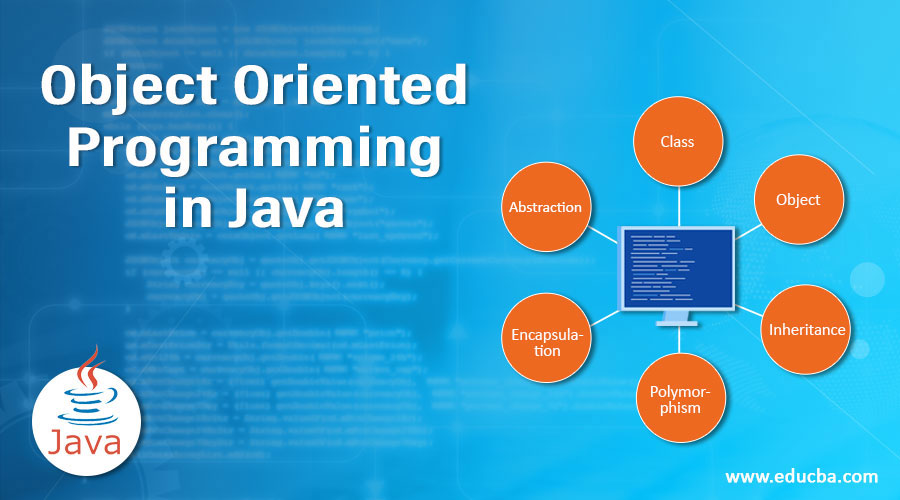
Java OOP Concepts
Classes: Define your own classes using theclass keyword, specifying attributes (fields) and methods. Constructors: Special methods that initialize objects when created. Getters and Setters: Methods for accessing and modifying object attributes. Methods: Functions that operate on an object's attributes or perform specific tasks. Inheritance: Use the extends keyword to inherit from a parent class (superclass). Polymorphism: Overload methods by providing multiple implementations with different parameter lists. Abstract Classes and Interfaces: Define abstract classes and interfaces using the abstract and interface keywords, respectively.
Best Practices
Follow naming conventions: Use camelCase for variables and PascalCase for class names. Use meaningful variable names: Reflect the purpose or meaning of the variable. Comment your code: Add explanations to help others understand your code. Test and debug: Write test cases and use debugging tools to ensure your code is correct and working as intended.Learning Resources
Java Tutorials: Oracle's official Java tutorials are an excellent starting point. Online Courses: Websites like Udemy, Coursera, edX, and Codecademy offer courses on Java OOP. Books: "Head First Java" by Kathy Sierra, "Learning Java" by Patrick Niemeyer, and "Java: A Beginner's Guide" by Herb Schildt are popular choices. Practice: Start with simple programs and gradually move to more complex projects.Additional Tips
Start with a small project: Build a small program that demonstrates OOP concepts. Use design patterns: Learn common design patterns, such as Singleton, Factory, and Observer, to improve your coding skills. Participate in online communities: Join forums like Reddit's r/learnprogramming, Stack Overflow, or Java-related subreddits to ask questions and share knowledge.By following this guide, you'll be well on your way to mastering Object-Oriented Programming concepts in Java!
object-oriented programming java course free
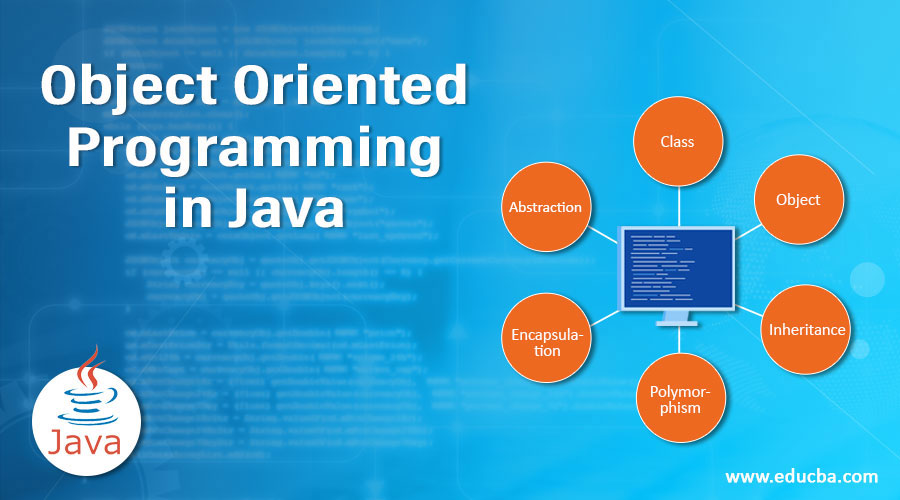
I'm happy to help you with a FREE Java course on Object-Oriented Programming (OOP). Here's a comprehensive overview of the topic, along with some helpful resources:
What is Object-Oriented Programming?
Object-Oriented Programming (OOP) is a programming paradigm that organizes code around objects and classes. It's based on the concept of "objects" which represent real-world entities or concepts. In OOP, objects have properties (data) and behaviors (methods), allowing them to interact with each other.
Key Concepts:
Classes: A blueprint for creating objects. Classes define the properties and behavior of an object. Objects: Instances of classes. Objects have their own set of attributes (data) and methods (behavior). Inheritance: The process by which one class inherits the properties and behavior of another class. Polymorphism: The ability of an object to take on multiple forms, either by changing its behavior or by assuming different types. Encapsulation: Hiding an object's internal state (attributes) from the outside world, while exposing a controlled interface through methods.Java-specific OOP Concepts:
Constructors: Special methods used for initializing objects when they're created. Getter and Setter Methods: Methods that allow you to access and modify an object's attributes. Abstract Classes: Classes that cannot be instantiated themselves, but can be inherited from. Interfaces: Abstract classes with no implementation, used for defining a contract that must be implemented by any class that implements the interface.Free Java OOP Course Resources:
Codecademy's Java Course: A comprehensive online course covering Java basics and OOP concepts, including inheritance, polymorphism, and encapsulation. Java Tutorial on Oracle's Website: An official tutorial from Oracle, providing a detailed introduction to Java programming, including OOP principles. edX's Introduction to Java Programming: A free online course that covers the fundamentals of Java programming, including OOP concepts. YouTube Tutorials by FreeCodeCamp: A series of YouTube tutorials covering various programming topics, including Java and OOP.Additional Tips:
Start with basic Java programming concepts, such as variables, data types, operators, control structures, loops, and conditional statements. Practice coding exercises to reinforce your understanding of OOP concepts. Study the official Java documentation (e.g., Oracle's Java Tutorials) for a deeper understanding of Java-specific OOP features.By following these resources and tips, you'll be well on your way to mastering Object-Oriented Programming in Java!
